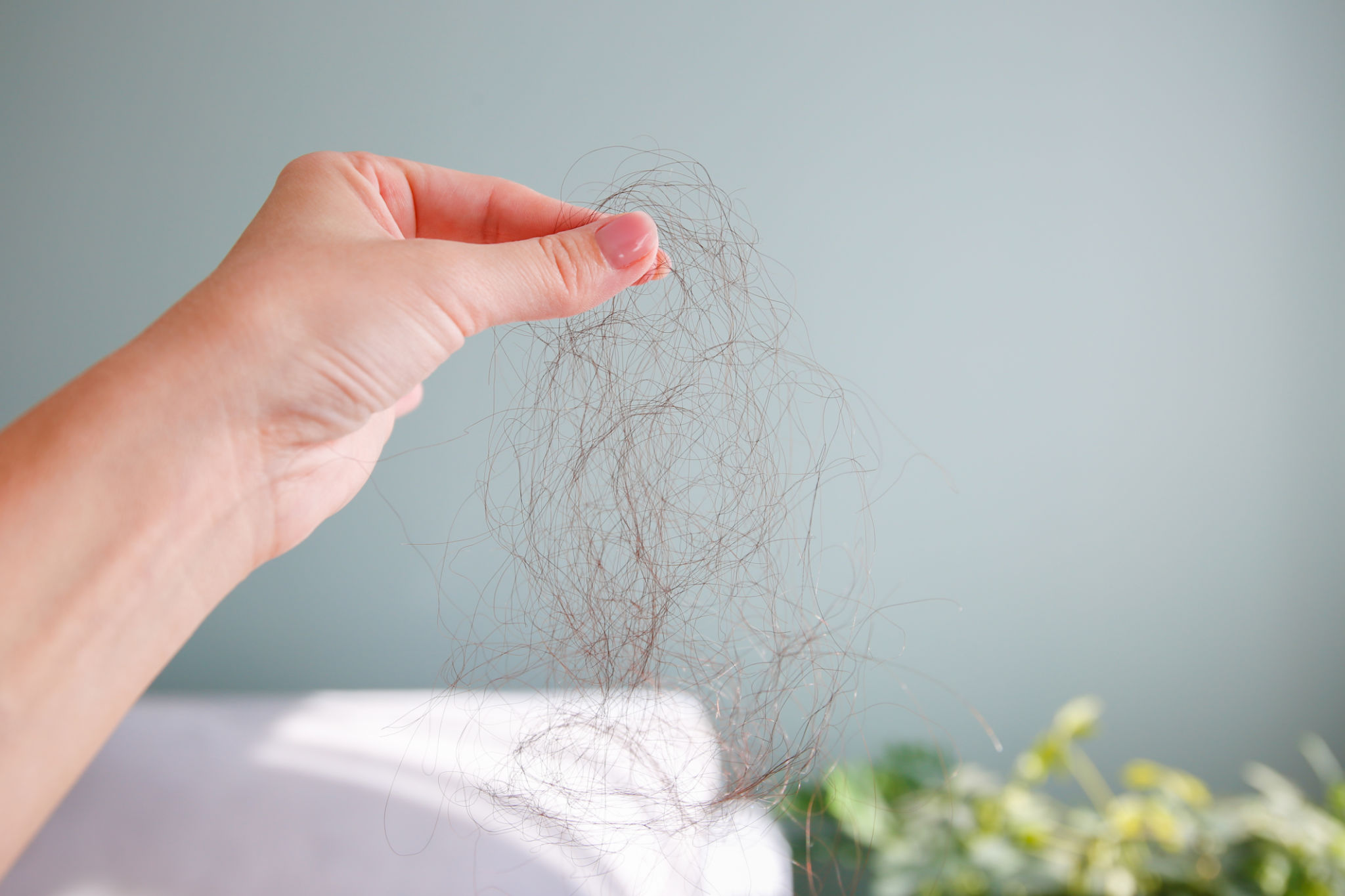Understanding the Main Causes of Hair Loss
Ir
Understanding Hair Loss
Hair loss is a common concern for many individuals, affecting both men and women across various age groups. While losing a few strands daily is normal, excessive hair shedding can be distressing and may signal underlying health issues. To address this concern effectively, it's crucial to understand the primary causes of hair loss.

Genetic Factors
One of the most prevalent causes of hair loss is genetics. Known as androgenetic alopecia, this hereditary condition can affect both genders, though it is more commonly seen in men as male pattern baldness. Women may experience a general thinning of hair or a widening part. If hair loss runs in your family, it is likely to manifest at some point in your life.
Genetic hair loss is usually progressive, with symptoms beginning in early adulthood. While there is no cure, various treatments can slow its progress and even regrow some lost hair.
Hormonal Changes
Hormonal fluctuations can significantly impact hair health. Women often experience hair loss during pregnancy, postpartum, or menopause due to changes in hormone levels. Conditions like polycystic ovary syndrome (PCOS) can also lead to thinning hair.

In men, an imbalance of hormones such as dihydrotestosterone (DHT) can lead to hair follicles shrinking and eventually ceasing to produce visible hair. Addressing these hormonal imbalances through medical intervention can sometimes mitigate hair loss.
Nutritional Deficiencies
A diet lacking in essential nutrients can contribute to hair loss. Key vitamins and minerals that support hair health include iron, vitamin D, zinc, and biotin. Without these nutrients, hair may become weak, brittle, and prone to falling out.
Ensuring a balanced diet rich in these vitamins and minerals can promote healthy hair growth. In some cases, supplements might be necessary to address specific deficiencies.

Stress and Lifestyle
Chronic stress is another significant factor contributing to hair loss. Stress-induced hair loss, known as telogen effluvium, occurs when stress pushes large numbers of hair follicles into a resting phase, leading to shedding.
- Practicing stress-relieving techniques such as meditation or yoga can help manage stress levels.
- Ensuring adequate sleep and regular exercise also supports overall health and can reduce the impact of stress on hair.
Medical Conditions and Medications
Certain medical conditions such as thyroid disorders, autoimmune diseases like alopecia areata, and scalp infections can lead to hair loss. Additionally, medications for conditions like cancer, depression, and high blood pressure may have side effects that include hair loss.
If you suspect a medical condition or medication is contributing to your hair loss, consult with a healthcare professional for appropriate diagnosis and treatment options.
Conclusion
Understanding the underlying causes of hair loss is the first step in finding an effective solution. Whether it’s due to genetics, hormonal changes, nutritional deficiencies, stress, or medical conditions, addressing the root cause can help manage and potentially reverse hair loss. For persistent or severe cases, seeking advice from a healthcare provider or dermatologist is recommended to explore all available treatment options.
